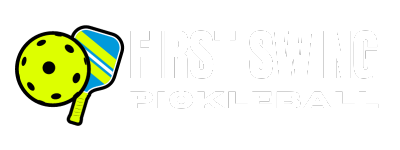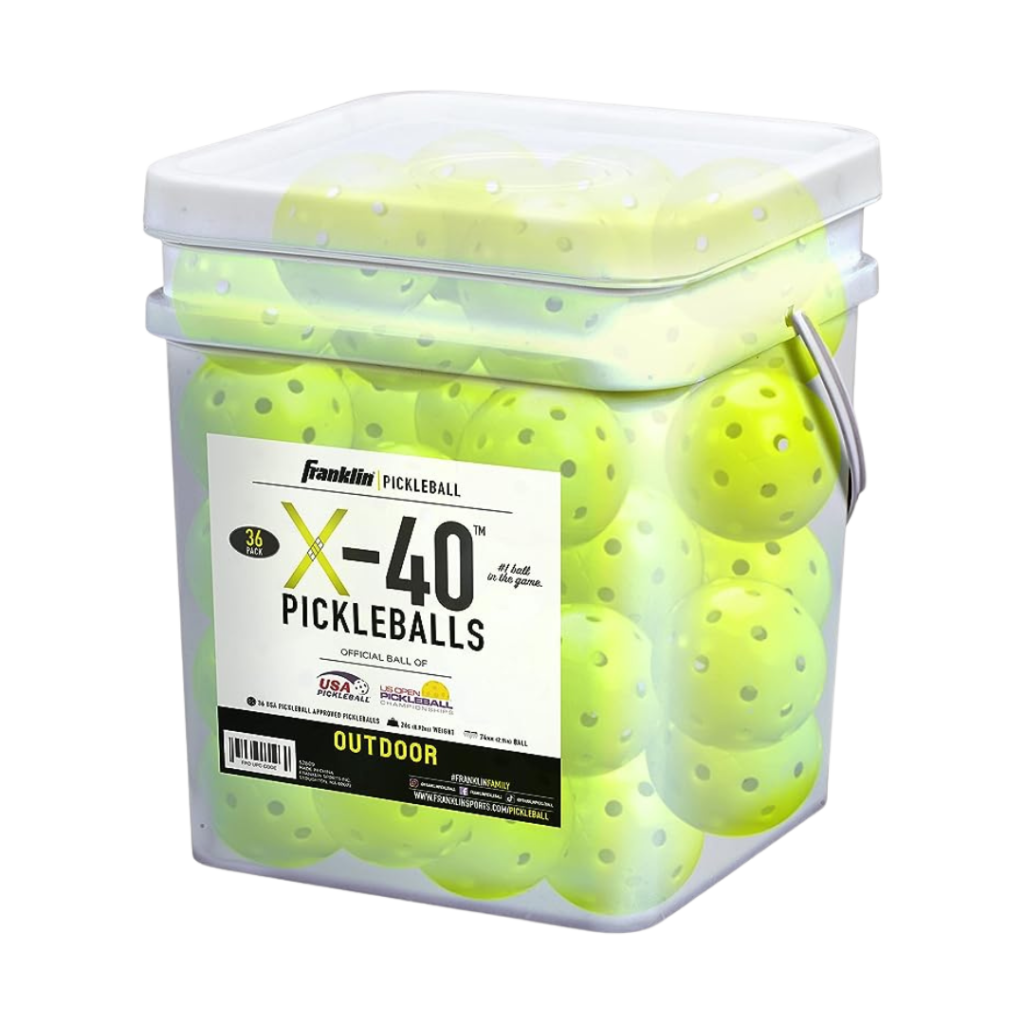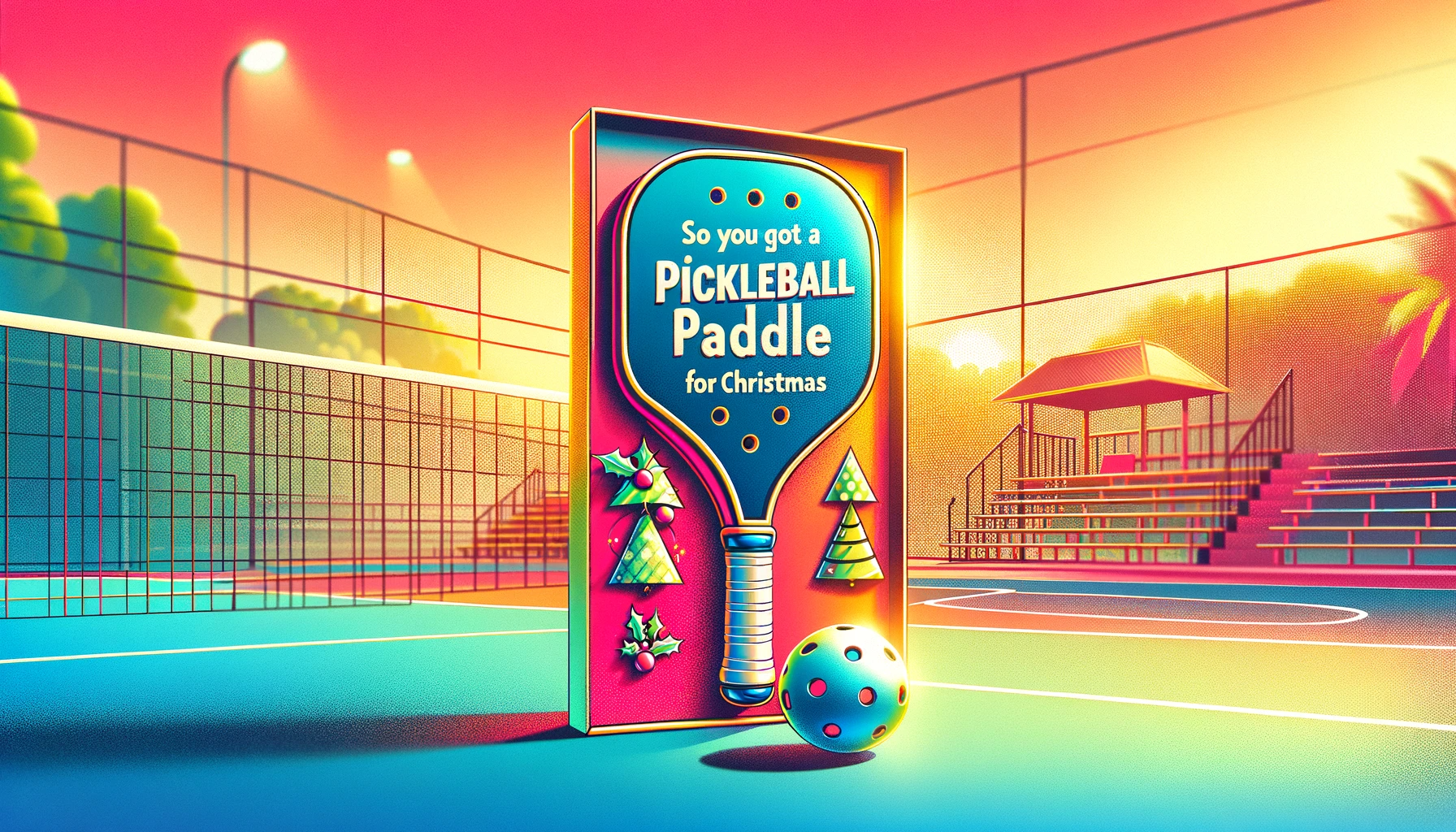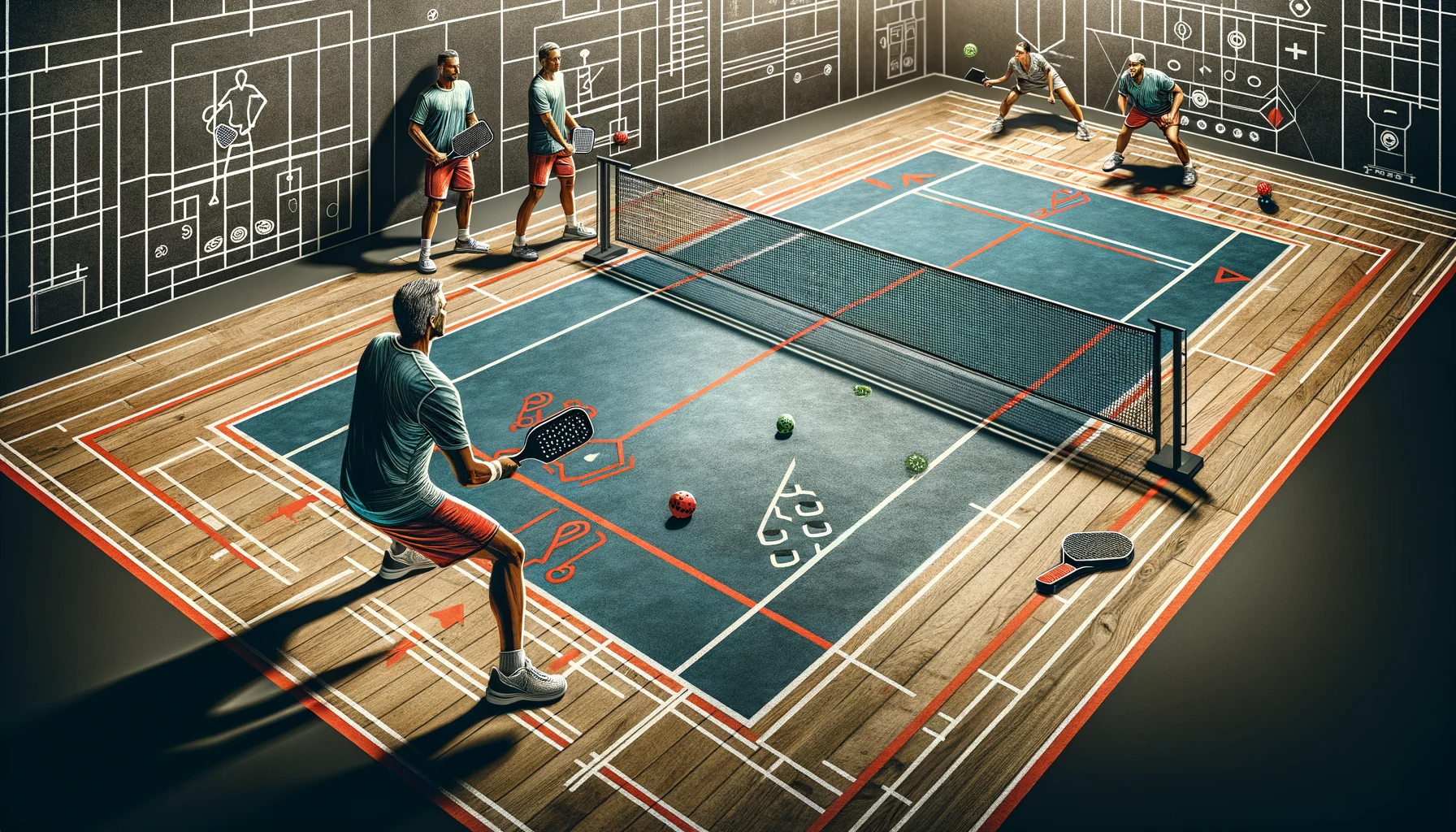

Pickleball Coaching Certifications: A Comprehensive Guide to Becoming a Certified Coach
Pickleball, a rapidly growing sport, combines elements of tennis, badminton, and table tennis, offering a unique blend of fun, physical activity, and strategic play. As the sport gains popularity, the demand for qualified coaches increases. This comprehensive guide aims to equip aspiring coaches with essential information on becoming a certified pickleball coach.
Understanding Pickleball Coaching
Pickleball coaching involves teaching the fundamentals of the game, strategy, skill improvement, and promoting sportsmanship. As a coach, you not only instruct in the technical aspects but also mentor and guide players of all levels.
Types of Pickleball Coaching Certifications
Several organizations offer pickleball coaching certifications. The most prominent among these are:
- USA Pickleball Association (USAPA)
- Professional Pickleball Registry (PPR)
- International Pickleball Teaching Professional Association (IPTPA)
Each organization has its unique curriculum and certification process, tailored to different coaching levels from beginner to advanced.
The Certification Process
Becoming a certified pickleball coach generally involves:
- Enrollment: Sign up with a recognized certification body.
- Education: Complete the necessary coursework, which may include online and in-person training.
- Examination: Pass a written and practical exam to demonstrate your understanding and skills.
- Certification: Receive your certification upon successful completion of all requirements.
Benefits of Becoming a Certified Coach
Certified coaches enjoy several advantages, including:
- Recognition: Certification validates your expertise and commitment.
- Career Opportunities: Increased job prospects in schools, clubs, and private coaching.
- Network Building: Connect with other professionals and organizations in the sport.
- Continuous Learning: Access to ongoing education and resources.
Key Skills and Qualities of a Successful Pickleball Coach
To excel in pickleball coaching, you should possess:
- In-depth Knowledge of the Game
- Effective Communication Skills
- Ability to Motivate and Inspire
- Patience and Adaptability
- Commitment to Professional Development
Maintaining and Advancing Your Certification
Staying certified often requires:
- Continuing Education: Participate in workshops and seminars.
- Renewal Process: Adhere to the certifying body's renewal guidelines.
- Advanced Certifications: Pursue higher-level certifications for career growth.
FAQs
- How long does it take to become a certified pickleball coach?
- The duration varies based on the program and your pace of learning, generally ranging from a few weeks to several months.
- Is prior playing experience necessary for certification?
- While not always mandatory, having playing experience can be extremely beneficial.
- Are there any age requirements for becoming a coach?
- Most programs require you to be at least 18 years old, but it's best to check specific requirements of the certifying body.
- Can I coach without certification?
- While possible, certification is highly recommended for credibility and professional growth.
Conclusion
Becoming a certified pickleball coach is a rewarding journey that opens doors to numerous opportunities in this exciting sport. With dedication, the right training, and a passion for the game, you can make a significant impact in the pickleball community.







